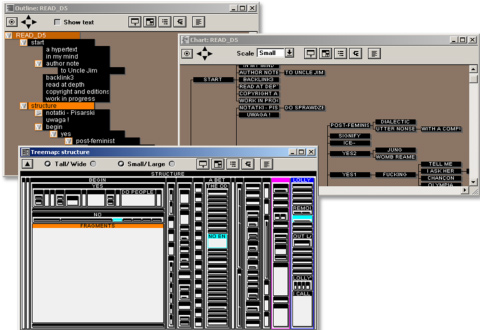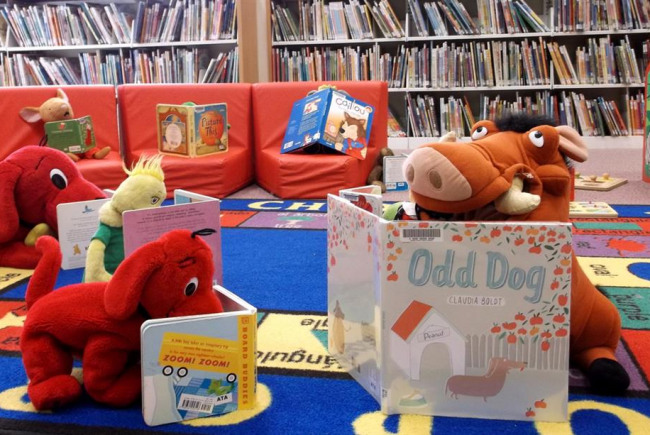

I guess that culture is dying now.Waypoint, the sophomore restaurant from the award-winning team behind Harvard Square’s Alden & Harlow, opened in Cambridge in the summer of 2016.

Says one longtime patron, “It’s a center. Now recovered, Durzi is heartsore at the prospect of permanent loss. The restaurant closed for a month, to the dismay of a following that stormed online message boards, then came back strong and unchanged in staff or style. The Blue Parrot bistro, named after the movie’s rival café, moved down the block around 1971, and its basement space was taken over by Café Algiers.įounder Emil Durzi ceded Algiers ownership last year to his best friend, Sami Herbawi, when he fell ill. The storied Club Casablanca bar, modeled on Bogey’s “Rick’s Café Americain,” closed in 2012.

Fans made a communal ritual of calling out famous lines - “Play it, Sam,” “Here’s looking at you, kid,” “Round up the usual suspects.”Īnd the spirit spread to the Brattle Hall’s business establishments named in homage. The 1942 Casablanca brought in the biggest crowds, often stretching around the block. Six or eight Humphrey Bogart flicks showed during pre-exam reading periods. That town-gown intersection persisted most prominently when in the late 1950’s the new Brattle Theatre, one of the country’s first and foremost art film houses, launched the Bogey cult.
#Storyspace cambridge professional#
Since 1890 it hosted village dances and amateur theatricals hitherto presented in private homes, and later a professional theater company and a Harvard student theater.

No shooing anyone away.īrattle Hall - the barn-like structure housing the Algiers, the historic Brattle Theatre, and more - has always been a people magnet. The top floor has cozy alcoves for students to curl up with books, and everywhere are hexagonal wood and copper tables for friends to sit and schmooze for hours. Vaulted wooden ceilings, a circular staircase, vintage copper cappuccino makers, framed Arabic scripts, old books to read or buy, tiles and teapots everywhere. The decor, like the food, is eclectic Middle Eastern with a bohemian flair. No one talks about this place without highlighting its ambiance. Four moves into a game with one of the regulars, I found eight witnesses nodding approvingly at the strategy dooming me to defeat. I tried to learn chess here in the mid-’70s when the original Algiers - a subterranean, smoky den beneath the current two-story space - was frequented by all the best chess players. How many businesses have a history that is so deeply interwoven in the lives of their patrons? Ask around a bit and you will find married couples who had their first date at the Algiers and come back every anniversary a mom whose six-week-old’s first outing was here people who wrote a college thesis, signed closing documents for a first home, or just observed, decade after decade,the Square’s great characters who came and went. For him, it has been about being part of a community and belonging to the history of Harvard Square after nearly 46 years in one spot. “It was never just about money,” says manager Leonardo Diodato about the fight to keep the Algiers alive. The final decision was reached August 25 after negotiations between the land-lord, who cancelled the lease, and original owner Emil Durzi fell through. After almost five decades in Harvard Square - at 40 Brattle Street, home of the Brattle Theatre - this much beloved international style coffeehouse shuttered on August 31.


 0 kommentar(er)
0 kommentar(er)
